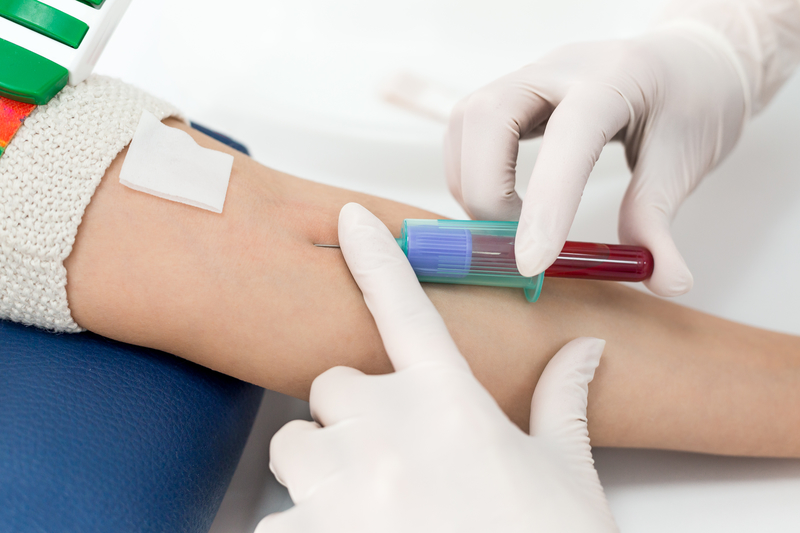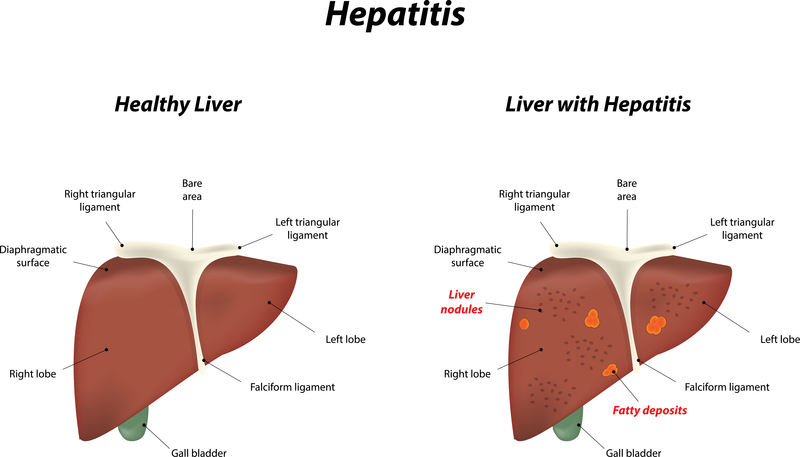How You Could Contract Hepatitis C And What You Should Do Immediately
6. Symptoms

According to the Center for Disease Control and Prevention, up to eighty percent of people with acute hepatitis C do not experience any symptoms. The only way to determine if hepatitis C is present is through blood testing done by a medical professional. In some cases, symptoms can range from mild to severe, including fatigue, fever, loss of appetites, vomiting and nausea, dark urine, abdominal pain, joint pain, bowel movements that are clay-colored, and yellowing skin or eyes (jaundice).
5. Treatments Options

Treatment will depend on the type of hepatitis C virus present. Most people in the United States have genotype one, followed by genotypes two and three with fewer occurrences of genotypes four, five and six. A medical doctor can determine which treatment is right. The Center for Disease Control and Prevention states that approximately fifteen to twenty-five percent of people with the hepatitis C virus will clear it from their bodies on their own without treatment, although researchers do not fully understand how.
